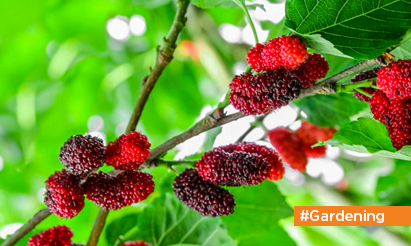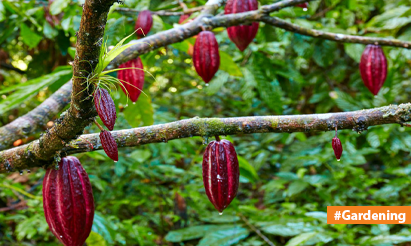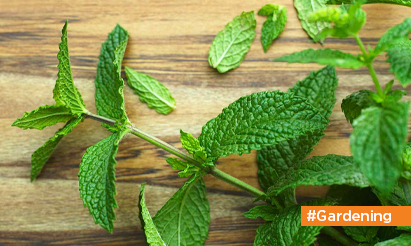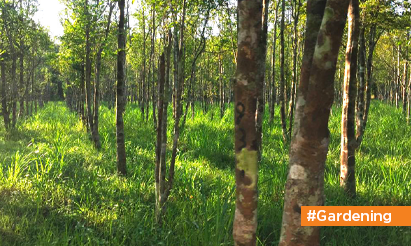The Green Thumb’s Guide: All About Organic Gardening!
Organic gardening is a method of cultivating plants without the use of synthetic fertilizers, pesticides, genetically modified organisms (GMOs), or other artificial chemicals. Instead, organic gardening relies on natural processes and substances to nourish and protect plants, focusing on sustainable and environmentally-friendly practices.
Key principles of organic gardening include:
- Soil Health: Organic gardening places significant emphasis on building and maintaining healthy soil. This involves using compost, organic matter, and natural fertilizers to enhance soil fertility and structure.
- Composting: Composting is a fundamental aspect of organic gardening. It involves recycling organic waste, such as kitchen scraps, yard clippings, and leaves, into nutrient-rich compost that can be used to nourish the soil.
- Crop Rotation: Organic gardeners practice crop rotation to prevent soil depletion and reduce pest and disease problems. This involves planting different crops in a specific sequence to optimize soil health and avoid nutrient imbalances.
- Natural Pest Control: Organic gardening employs natural methods to control pests and diseases. This can include introducing beneficial insects, using physical barriers, companion planting, and promoting biodiversity to maintain a balanced ecosystem.
- No GMOs or Synthetic Chemicals: Organic gardening strictly avoids the use of genetically modified organisms and synthetic chemicals, such as herbicides, pesticides, and artificial fertilizers.
- Water Conservation: Organic gardeners prioritize water conservation through practices such as mulching, drip irrigation, and efficient watering techniques.
- Biodiversity: Encouraging biodiversity in the garden helps create a more resilient and balanced ecosystem, reducing the risk of pest and disease outbreaks.
- Sustainable Practices: Organic gardening aims to be environmentally sustainable and reduce the impact on the ecosystem, promoting long-term soil health and ecological balance.
Organic gardening is not only about avoiding harmful chemicals but also about fostering a deeper understanding and respect for the natural processes that govern plant growth. It encourages a harmonious relationship with nature, promoting healthy soil, vibrant plants, and a thriving ecosystem while minimizing negative impacts on the environment and human health.
Disclaimer: The views expressed above are for informational purposes only based on industry reports and related news stories. PropertyPistol does not guarantee the accuracy, completeness, or reliability of the information and shall not be held responsible for any action taken based on the published information.




